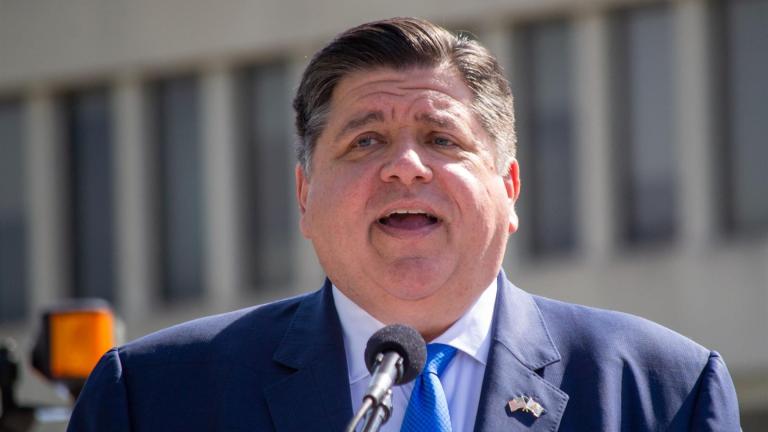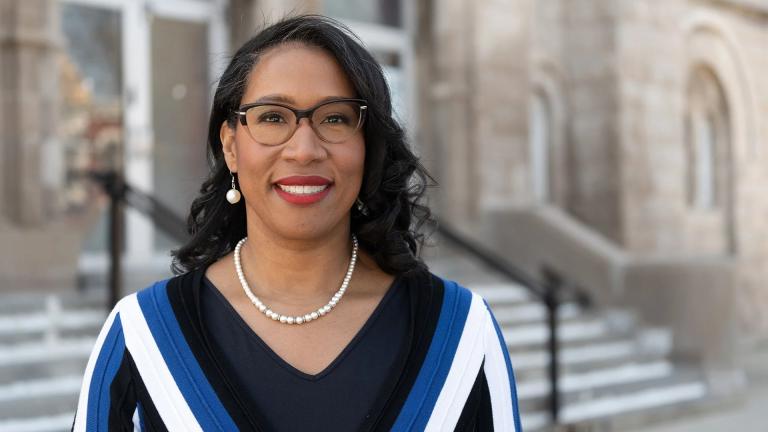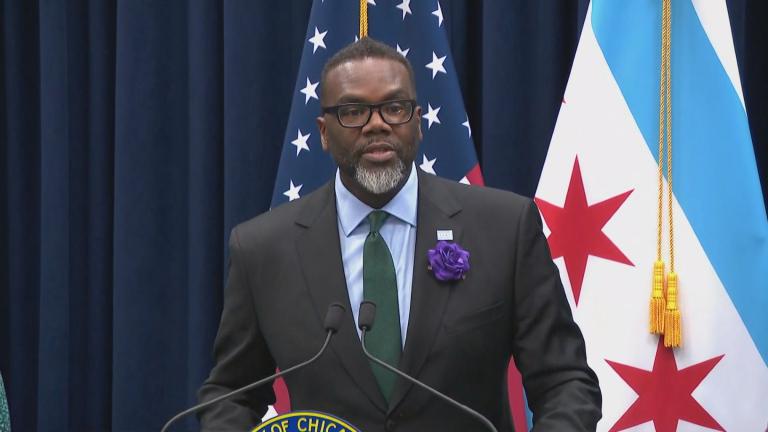Earlier this year, Mayor Rahm Emanuel appointed an Ethics Reform Task Force to review the current ethics ordinance and make recommendations on how to improve it. The four-man task force released the first part of their recommendations back at the end of April, citing 34 specific recommendations on how the city could strengthen their ethics ordinance and curb corruption. The long-awaited part II of the report was finally released Monday.
Part I of the report addressed prevention and education in addition to political activity, gifts, conflicts of interest, financial interest statements and campaign finance. Part II focuses on investigations and enforcement, and also addresses lobbying.
Some of the recommendations from the report include:
-Require lobbyists to report their actual compensation per client, not rounded to the
nearest $1,000.
-Revise the complaint procedure for claims involving aldermen and aldermanic staff to
permit written, anonymous complaints and written complaints initiated by the LIG.
-Institute a statute of limitations for ethics and campaign finance violations and a
separate time limit on investigations.
The task force developed its report through public hearings, employee focus groups, interviews with local and national experts, and meetings with members of the City Council.
The task force is comprised of: Chair and former Illinois Campaign for Political Reform Director Cynthia Canary, former U.S. Attorney’s Office supervisor Sergio Acosta, Ald. Will Burns (4th), and Northwestern University law professor Dawn Clark Netsch.
Read a Q&A with Chair Cynthia Canary on the report, and view Part I and Part II of the report in their entirety in the PDFs below.
Why did the task force wait so long to release the second half of the report?
A lot of it had to with summer. We had planned to release it early in August, and so we’re running a couple weeks late. In part honestly, there were two issues of dissent and it took a little bit of time to get that written up and incorporated, so it was nothing malicious that had to do with it [late release of the report] but summer vacations.
One of the dissenting issues is the aforementioned recommendation: “Revise the complaint procedure for claims involving aldermen and aldermanic staff to permit written, anonymous complaints and written complaints initiated by the LIG.” Why was this point contested?
Our sense is that it’s really important that people feel free to raise concerns and complaints without any kind of repercussions. And we have introduced whistleblower protections, but at the end of the day, people are often hesitant to complain about those with power over them. Our sense is that a good investigative Inspector General can easily separate the wheat from the chaff--that is stupid complaints versus there might actually be something here. We’ve put in a whole series of balances so there are stricter penalties against false complaints and a statute of limitations. We went at this in a checks and balances kind of way.
*Ald. Will Burns wrote the dissenting minority opinion. Read his full dissent in the PDF below.*
How do you think this second half will be received by aldermen?
I think you put your finger on the million dollar question. When we set out to write the report, all four of us had things we would very much like to include and see done, and just wave a magic wand and see it happen tomorrow. We came at it in a pragmatic way. There have been a lot of reports in the past 20 years about improving Chicago’s system of ethics…and there’s some good stuff on the shelves, and we didn’t want to do that. What we tried to do was take a pragmatic yet principled approach. Part I, seen as the easier report, was hard for the [City] Council to swallow. There were points of difficulty and disagreement, but we wanted to move the ball forward and demonstrate that adopting best practices that are in place, won’t cause the world to end, and we can build from them.
Are there any recommendations that you withheld for fear of hampering the ability for the report to be approved by the City Council?
Personally, this is one of my favorite things, and I would have loved to put in there campaign finance, and we don’t push it. I think the city should adopt a system of financing of elections like in New York City. But that was a non-starter at this time in history. Maybe this is for the next round.
What do you think is the most controversial point in the report?
The most controversial thing…we agreed for the time being we should continue with an Inspector General and a Legislative Inspector General and this is very controversial. The reason we did this was that some members of the task force legitimately believe there were separation of power issues. Others felt, well he’s really only been on the job a year, let’s see if we can adjust his powers and resources, essentially try to give him structure for a fully functioning Legislative Inspector General and then let’s come back and revisit it. There are a lot of people definitely in the public, and I can understand why, who don’t think we need two Inspector Generals. But I think the anonymous complaints will be the most controversial with the City Council.
When will the recommendations go before the City Council?
I’m not sure our exact timeline. Now that the report is out, an ordinance will be written. At this point it becomes the mayor’s ordinance. We may get to look at it but we don’t write it. The first ordinance stuck pretty closely to our recommendations, and in some places even expanded them, so we’ll see what happens with this.
What was the mayor’s response to the second half of the report?
He has been very supportive throughout this process and well-informed about what we’re talking about and trying to do. I’ve been kind of impressed…like really you read it? He’s weighed in with some ideas; he has not weighed in to squash ideas. I think the mayor’s office has been a really fair partner in this process, though there’s still a long way to go.
How confident are you that these recommendations will be approved by the City Council?
I’m very hopeful that it will be given a fair hearing and that the entire report will be given a hearing. The Council needs to look at the reports holistically and look at the fact that we tried hard to balance both powers and protections. We put in protections against complaints and leaks, but at the same time wanted people to feel free to make complaints. We tried hard to take a balanced approach and I hope they are able to see that. Time will tell.
The task force is anticipating the ordinance will go before the City Council for approval this October. Read Mayor Emanuel’s statement on the second half of the report:
“I appointed the Ethics Reform Task Force earlier this year to review the current ethics ordinance and make recommendations on how to improve it to ensure that City employees and officials are held to the highest ethical standards. Today's second round of reform recommendations are a significant step forward in strengthening the investigative and adjudicative processes for the executive and legislative branches. I support these proposals and look forward to working with City Council to enact these into law as we did the first round of recommendations.”








